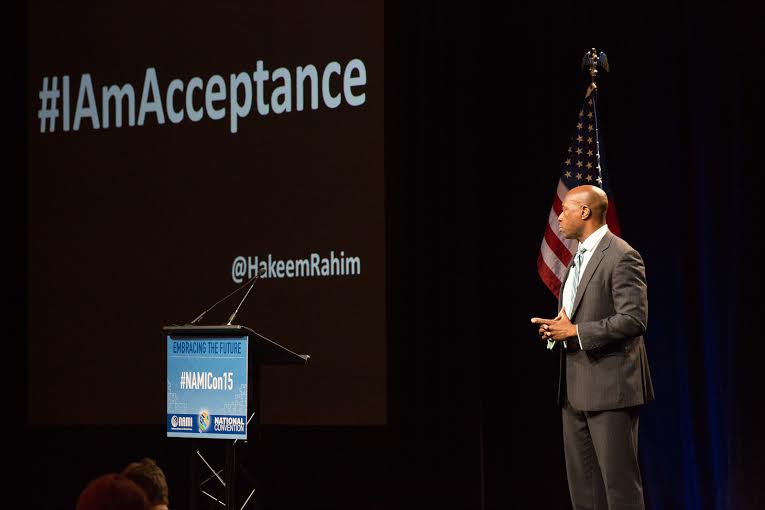People frequently ask me, “How did you accept your mental illness? This essential question strikes at the heart of healing because “in order to heal, you must first recognize healing is necessary.” I cannot pinpoint the exact moment when I accepted the diagnosis of bipolar disorder, but it came very early in my journey.
The first and only time I was hospitalized in the spring of 2000, I experienced a three-week manic episode. It culminated when my parents brought me to a psychiatric hospital in Queens, NY. During my two-week stay, I met a number of people on the ward who left a lasting impression.
My psychiatric nurse, a large, six-foot-five Trinidadian man, exuded a pleasant, approachable demeanor and a lot of patience. Although I immediately began medication once on the ward, for three or four days, my mind was still racing. I would share my brilliant insights with “Derrick” several times a day.
One day, my voice light with excitement, I asked him, “How are doctors and patients like patients and doctors?” “How Hakeem?” he replied. Thrilled by my own ingenuity, I exclaimed, “Doctors have patience, and patients must have patience waiting for doctors!” I waited with joyous anticipation for his laughter, adulation and acknowledgement of my witty statement. At the time, his lack of response did not penetrate my self-perceived wisdom.
A day or two later, before I could launch into another barrage of “profound insights,” Derrick said, “Hakeem, stop. I know your achievements as the first African-American valedictorian at your high school and a student at Harvard. You can find fulfillment in a long life with a bright future ahead of you. Hakeem, I do not ever want to see you back here again. People come in and out of this ward like a revolving door, and I do not want that for you.”
I do not remember my exact response, but his statement stuck with me. I now think of him as one of my guardian angels. In reflection, I believe I understood his stern warning to “not come back” as a protective affirmation of my power to thrive in that “bright future.”
However, it also contributed to my sense of internal failure, random sadness and social anxiety. Something was amiss, and his statement shone a light on my present condition, even while it made me realize, “Where I was, was not who I was.”
Derrick’s short and piercing statement became a potent and lasting guidepost on the complex nature of acceptance. This brief encounter helped me to embrace my condition.
- In the following posts, I will explore the power of platforms to foster acceptance. But acceptance means different things to different people. What is your story? What articles, books or research helped you? Post a comment below, contribute to our Facebook Page and like us.






